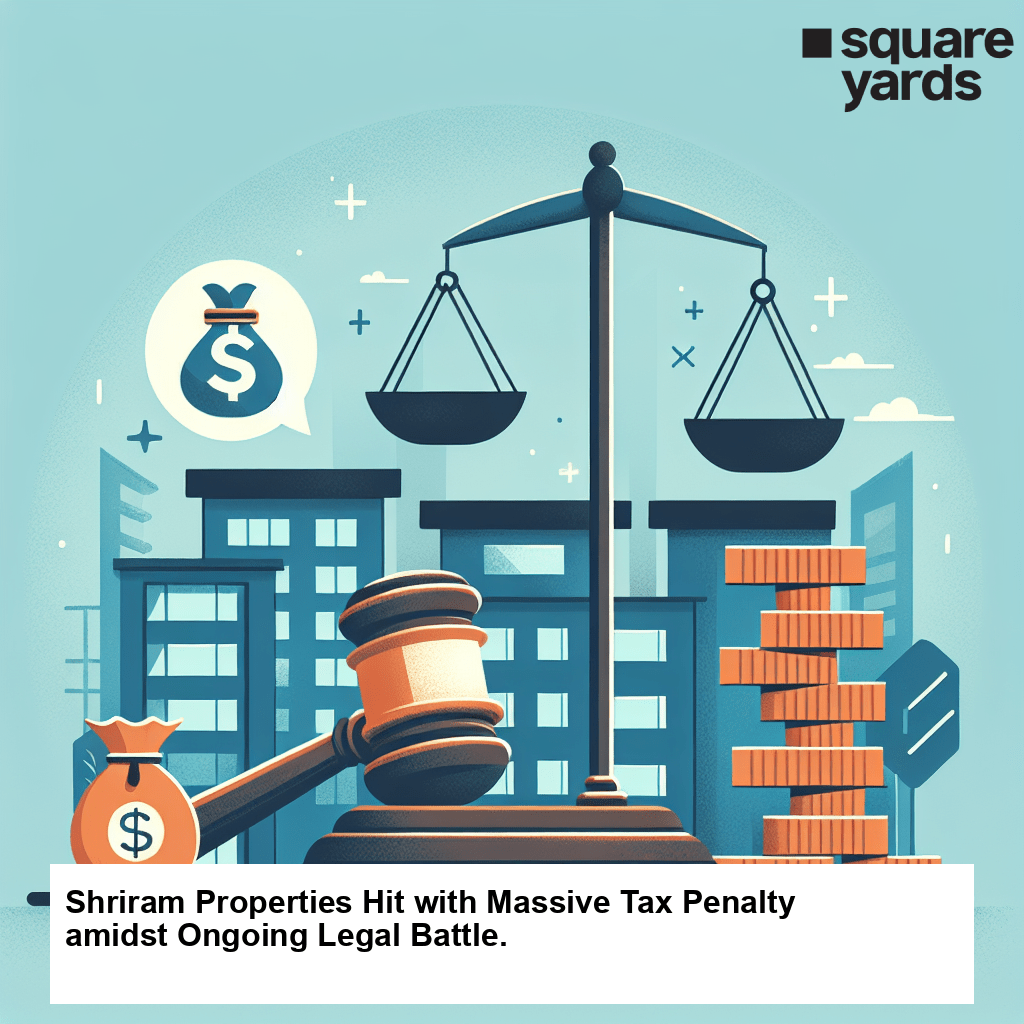The Central Government is considering a major overhaul of the regulatory framework in the real estate sector. Recent deliberations have sparked discussions about the possibility of relinquishing the dedicated Insolvency and Bankruptcy Code (IBC) framework designed specifically for the realty domain. This shift signifies a potential revamp in how the government tackles insolvency matters within the real estate industry.
Reassessment of the Dedicated IBC Framework
The dedicated IBC framework for the real estate sector was initially introduced to address the distinctive challenges and complexities surrounding insolvency cases in the real estate sector. However, following evaluations and valuable feedback, the government is now reevaluating the efficacy and feasibility of this specialized approach. Under a unified lens, the potential abandonment of the specialized IBC framework demonstrates the government’s pursuit of a more streamlined and adaptable insolvency resolution process. Integrating the real estate industry into the standard IBC framework would bring parity among sectors and promote a more uniform system of insolvency proceedings. By aligning the real estate sector with other industries, the government aims to enhance the efficiency and agility of insolvency proceedings.
Adaptive Framework to Suit Changing Real Estate Industry
This prospective shift showcases the government’s steadfast commitment to refining regulatory mechanisms to suit the evolving dynamics of the real estate sector. With the sector constantly evolving and facing unique challenges, it is imperative for the legislative framework to adapt accordingly. The decision to potentially abandon the specialized IBC framework and merge the real estate sector into the standard framework comes as a part of a broader review by the Central Government. This review seeks to identify areas for improvement in insolvency proceedings and seamlessly integrate the real estate industry under a unified legal framework. If and when this change is implemented, it will have far-reaching implications for the stakeholders involved in insolvency cases within the real estate industry. These stakeholders include developers, lenders, investors, homebuyers, and the legal fraternity. \
Conclusion
The Central Government’s contemplation of abandoning the specialized Insolvency and Bankruptcy Code framework for the real estate industry signifies an attempt to enhance the efficiency and adaptability of insolvency proceedings in this sector. By changing the regulatory approach, the government aims to streamline the insolvency resolution process and bring the real estate industry in line with other sectors. Amid the ever-changing dynamics of the real estate sector, this reconsideration reflects the government’s determination to ensure that legislative mechanisms evolve to meet the sector’s unique challenges. As this proposal takes shape, it will be critical for sector stakeholders to stay abreast of any developments that may impact their interests.











































